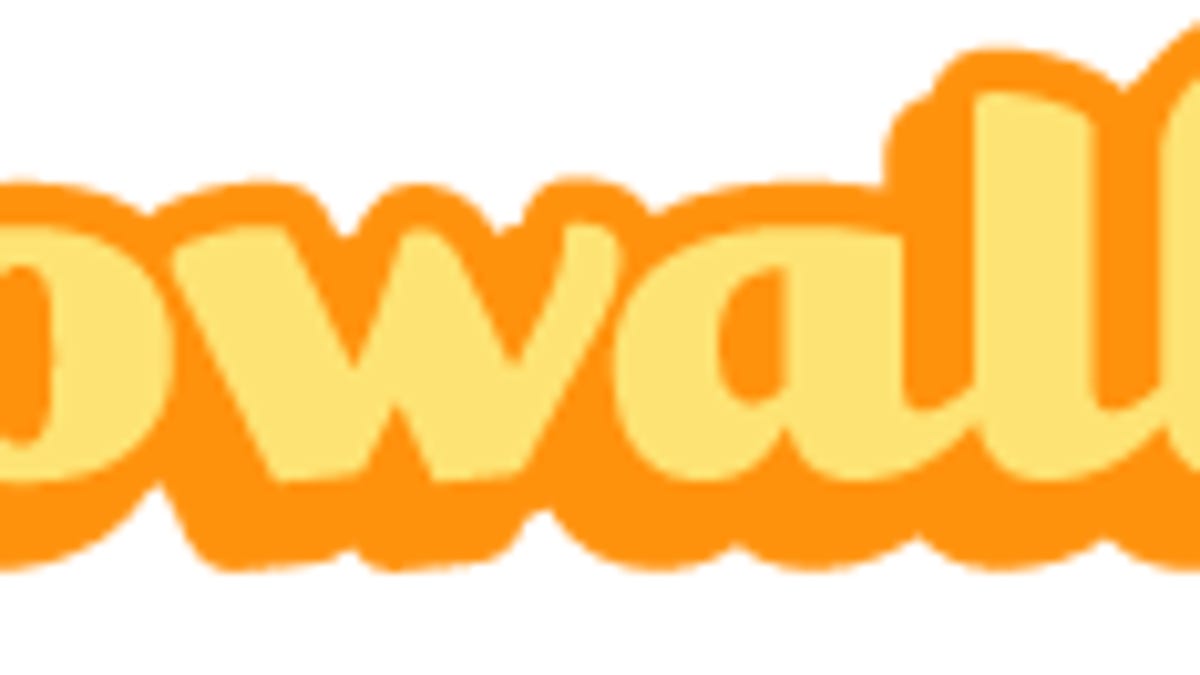Why Gowalla hasn't stopped moving
In spite of losing big-time to Foursquare (and Facebook Places) when it comes to 'check-ins,' the start-up is in the midst of repositioning itself as a 21st-century travel guide.

AUSTIN, Texas--It can't be easy for Josh Williams, the CEO of geolocation service Gowalla, to see once-close rival Foursquare plastered all over his hometown this week for the annual South by Southwest Interactive Festival (SXSW). On the massive outdoor "Pepsi Max Lot" where lucky Foursquare check-ins can earn users "golden tickets" to a Monday night concert by Big Boi, at local vendors participating in a blockbuster partnership between Foursquare and American Express, or just on the smartphones of the tens of thousands of geeks who flood the Texas capital for the conference each year.
"Obviously they've gone on to massive growth," Williams told CNET, sitting in a coffee shop near Gowalla's offices--a coffee shop that happens to be adjacent to a bike shop owned by cyclist Lance Armstrong, whose Livestrong Foundation has been a major Gowalla partner. But he doesn't see this as game over for Gowalla. Now, "there's an aspect of us feeling like we can build the product that we always wanted to build and not necessarily feel like there's pressure to trade blows with those guys," he said.
As recently as a year ago, at last year's SXSW, Gowalla's home-turf advantage--offices in downtown Austin, connections to local businesses, and ties to Austin's local game-developer community that also gave it inroads at Facebook--was considered enough to give it a crucial leg up in what some were pitching as a showdown between the two geolocation apps. But in the end, the New York-based Foursquare left town with more buzz, plenty of contacts among digital marketers, and the general acknowledgment that it had won the much-hyped "check-in wars." It now has 7 million users in comparison to Gowalla's 1 million, and both start-ups have had to keep abreast of potentially competitive moves on behalf of bigger companies like Facebook and Twitter.
Foursquare has become one of the darlings of the "hyperlocal" marketing set--a revamped version just in time for SXSW highlights social recommendations and local deals. That's why it's probably been smart for Gowalla to make both conscious and unconscious moves to brand its app as a travel tool and not a source for potential local deals. Williams calls it a "socially curated Lonely Planet" in reference to the famed travel guide company. Though it hasn't inked any partnerships with travel guide companies yet, a deal with Disney Parks is what Williams likes to talk about when he illustrates the direction in which he hopes Gowalla will go.
"You look at Disneyland, that's in LA and it's primarily local traffic, so we've seen our local user base grow exponentially in LA because of the Disney deal," he explained. "At Disney World (in Orlando, Fla.)...it's a tourist destination, and that's where you see a lot of people going there and they'll hit it and be aggressive about it for a couple of days."
It fits Gowalla's interface, which counts check-ins as "stamps" in a "passport" and pins on a map. Users can also create "trips" of suggested spots on an itinerary, something that Williams says new updates to Gowalla will further play up. In spite of tens of millions of dollars in venture funding and high-profile marketing partnerships, geolocation apps have shown few signs of true mainstream appeal. Might the average consumer find a "check-in" more palatable if it all adds up to a sort of digital travel scrapbook?
"We're really popular in Vegas, and we see a lot of usage in places that I would say are traditionally travel towns," Williams observed. "There's probably something to be said about that."
Though Williams said the "check-in" and seeing where your friends have been remains important, the global rather than the local will continue to be a priority. So are they courting the likes of Lonely Planet? "I don't know if I'd say travel guide companies specifically, but anybody interested in tourism and the travel industry," Williams said of Gowalla's hypothetical forthcoming business deals. "I think it's certainly helped us guide our business development a little more."

